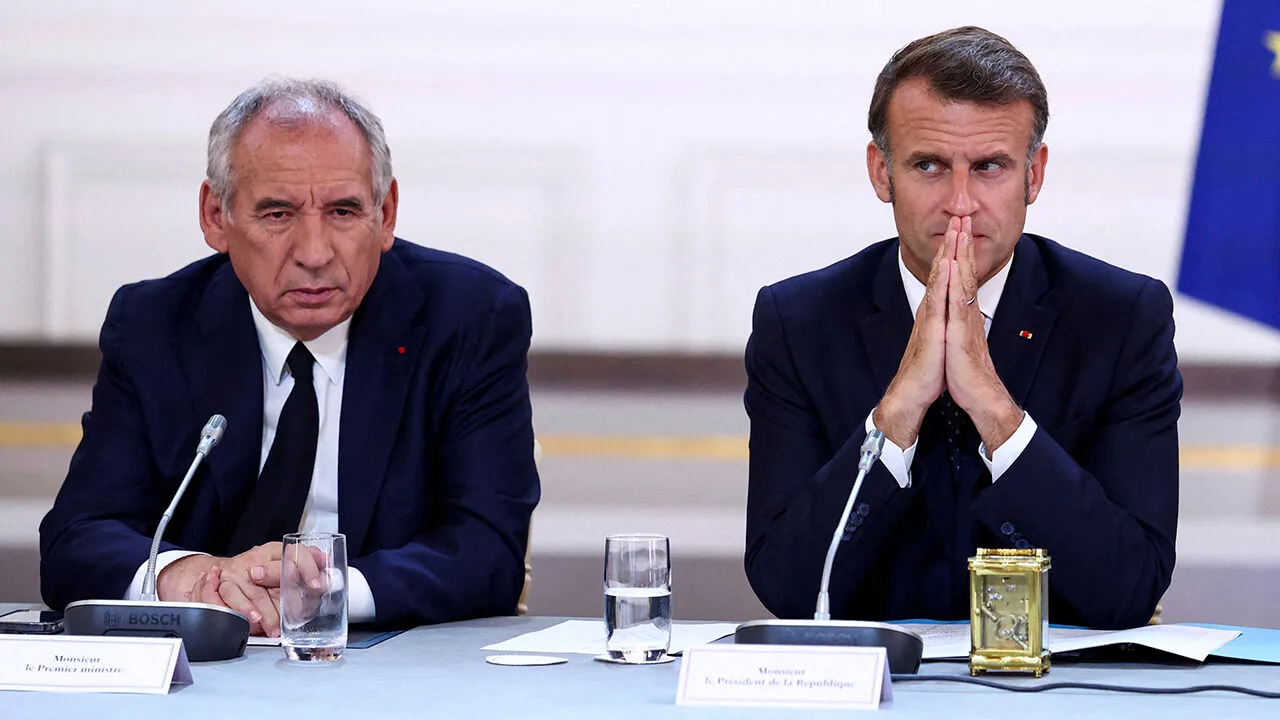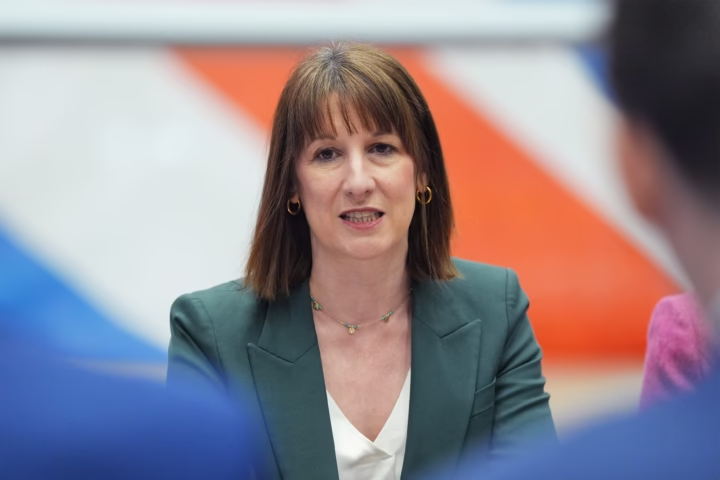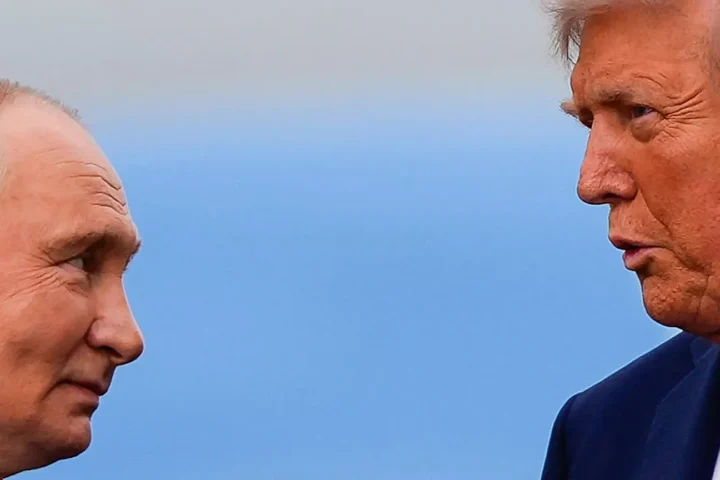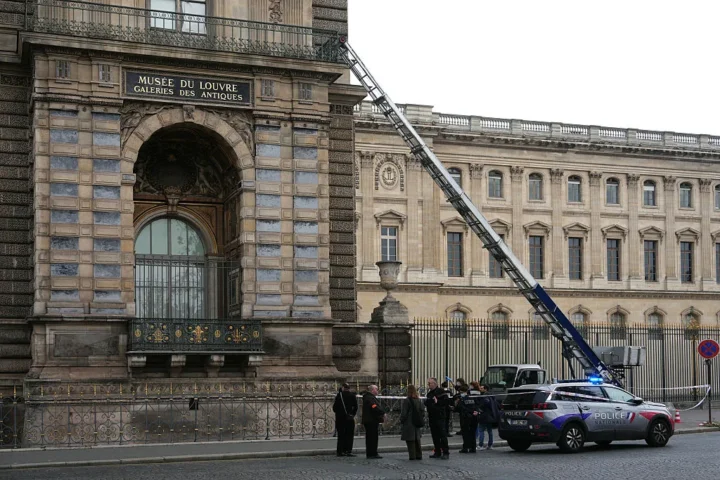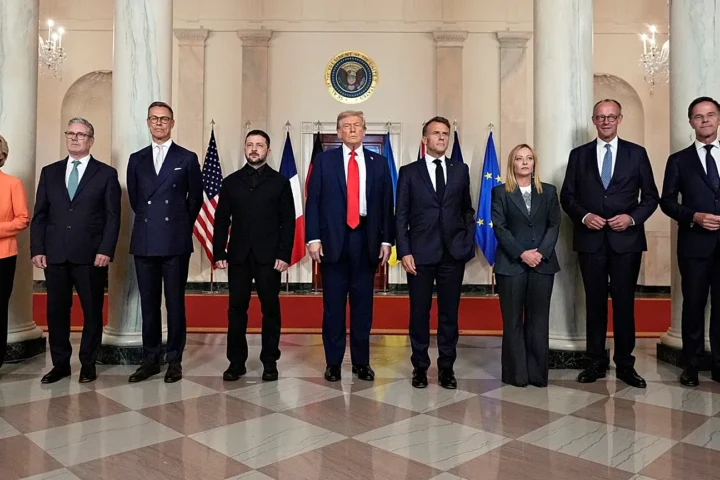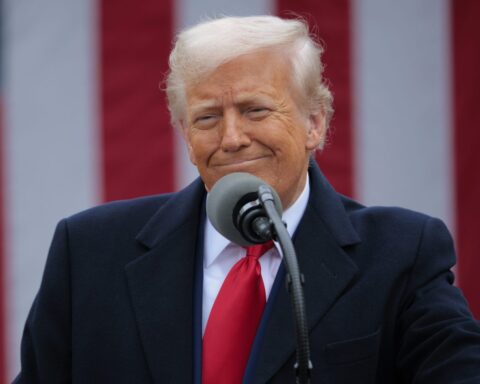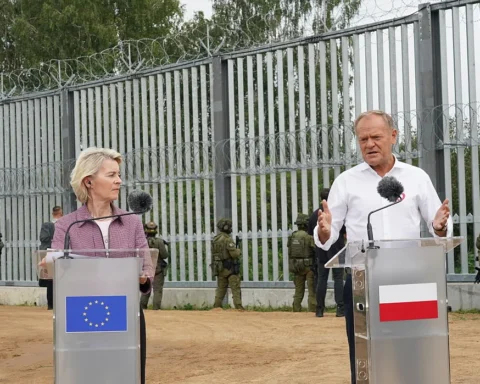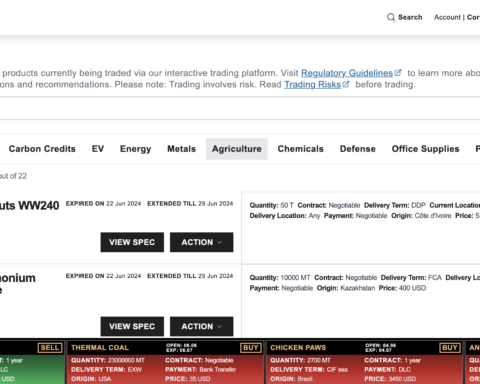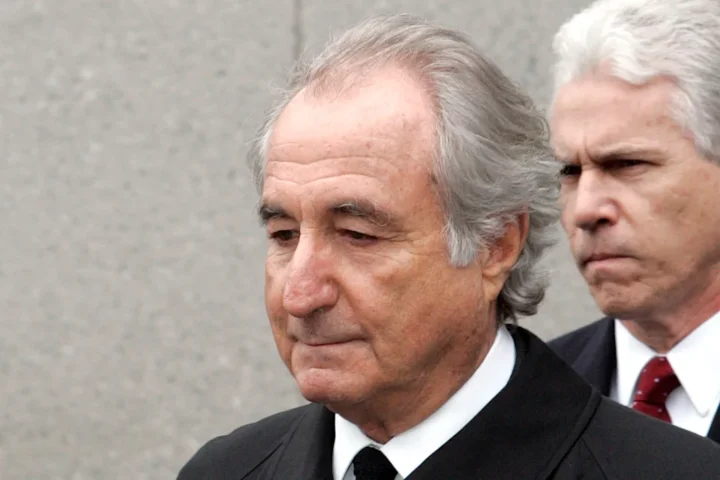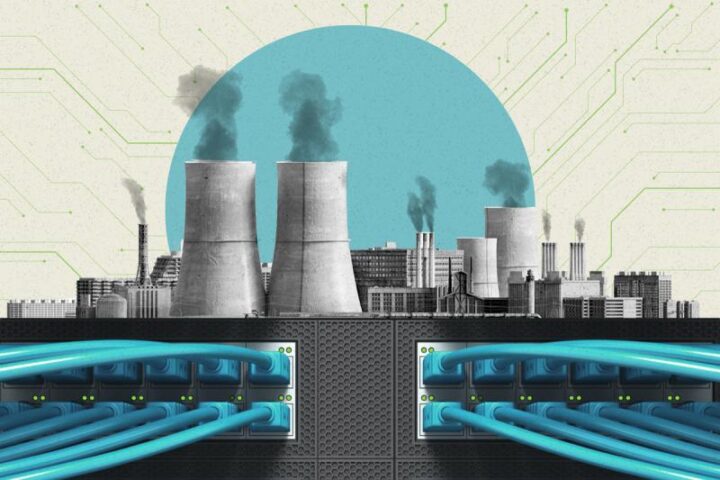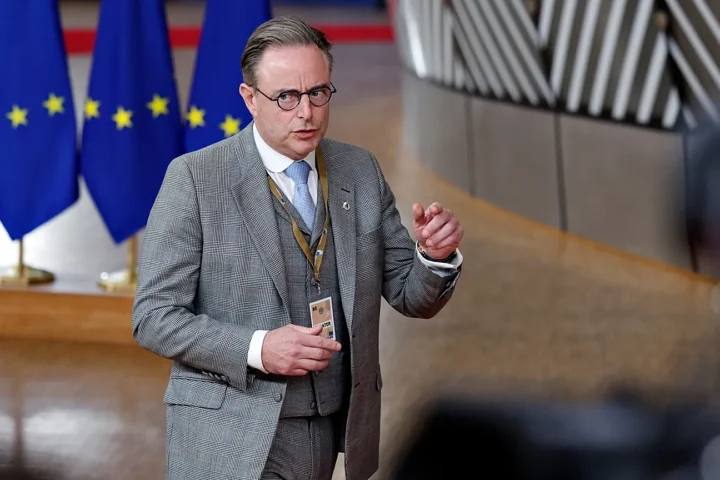The French government is teetering on the edge of a political crisis as disputes over the national budget have escalated, raising the prospect of a collapse of President Emmanuel Macron’s administration. Lawmakers in the National Assembly remain deeply divided over proposed fiscal measures, fueling uncertainty about France’s economic direction and political stability.
Budget Deadlock Sparks Tension
The current budget, which outlines public spending, taxation, and deficit targets, has become a flashpoint for political debate. Macron’s government proposed measures aimed at curbing public debt while maintaining key social programs, but opposition parties argue that the plan either cuts too deeply into welfare spending or fails to control fiscal deficits sufficiently.
The deadlock has created a tense atmosphere in parliament, with the possibility of no-confidence votes looming. If the government loses such a vote, it could trigger a reshuffle of the cabinet or even early elections, a scenario that would significantly disrupt French politics.
Key Points of Contention
Several issues are driving the budgetary impasse:
- Public Spending Cuts – The government’s proposals to reduce spending in areas like healthcare, education, and local government have been met with strong resistance from left-leaning parties.
- Taxation Measures – Attempts to raise corporate and high-income taxes to balance the budget have drawn criticism from business-friendly lawmakers and centrist allies.
- Deficit Targets – Macron’s administration aims to bring France’s deficit closer to EU-mandated thresholds, but disagreement persists over the speed and methods of fiscal consolidation.
The standoff reflects deeper political tensions in France, where a fragmented parliament makes it difficult for any single party or coalition to govern decisively.
Economic Implications
The budget crisis comes at a delicate economic moment. France is navigating:
- Rising inflation that is straining household budgets.
- High energy costs, exacerbated by global geopolitical tensions.
- Sluggish economic growth, which could be further impacted if government spending slows or if political instability shakes business confidence.
Economists warn that a protracted political crisis could undermine investor confidence, potentially increasing borrowing costs for the French state and complicating the implementation of crucial economic reforms.
Political Fallout
President Macron, facing declining approval ratings, must now navigate a parliament deeply divided across ideological lines. Observers note that failure to pass the budget could embolden opposition parties and fuel protests, a scenario France has seen in recent years with movements such as the Yellow Vests.
Some analysts suggest that the crisis may force Macron to seek compromise, including concessions on spending or taxation, or to restructure his cabinet to restore confidence and maintain parliamentary support.
European and Global Impact
France’s budget impasse is attracting attention beyond its borders. As a founding member of the European Union, instability in Paris could complicate EU-wide fiscal coordination and economic policy, especially amid ongoing concerns about debt levels across the bloc.
Investors and policymakers in global markets are watching closely, as a collapse or extended stalemate could impact European bond markets, the euro, and international investment sentiment.
Looking Ahead
The coming days will be critical. The French government must either secure enough support to pass the budget or risk a political crisis that could reshape the country’s leadership landscape.
For Macron, the challenge is balancing fiscal responsibility, political survival, and social stability—a delicate act that could define his presidency.
As France navigates this high-stakes moment, the nation’s political and economic future hangs in the balance, with potential repercussions for Europe and the global economy.
